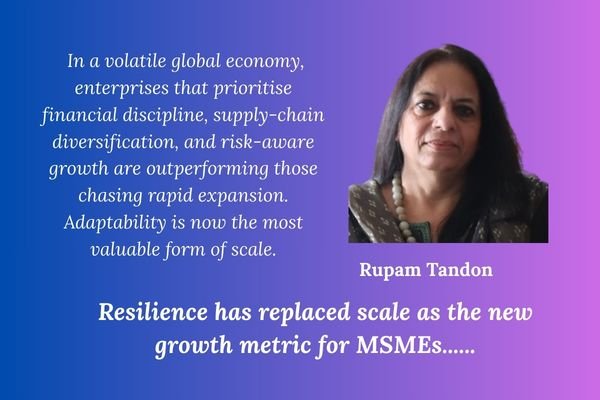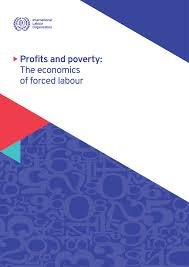Profits and Poverty: The Economics of Forced Labour
Forced labor, a blight on humanity’s conscience and a grave violation of fundamental rights, continues to plague our world, with a recent ILO report revealing a disturbing surge in profits garnered from this nefarious practice. The latest report from the International Labour Organization (ILO) exposes the stark reality: profits from forced labor have skyrocketed by 37% over the past decade, reaching an appalling US$236 billion annually.
In 2021, a staggering 28 million individuals found themselves ensnared in the clutches of forced labor, enduring untold suffering at the hands of exploiters. This reprehensible phenomenon not only exacts a devastating toll on its victims but also imposes profound economic and social costs on societies worldwide.
Forced sexual exploitation emerges as the primary driver of profits, accounting for a staggering three-fourths of the illicit gains. However, the scourge of forced labor extends its reach across multiple sectors, including industry, services, agriculture, and domestic work. The report underscores the pervasive nature of this exploitation, transcending geographical boundaries and economic sectors.
Europe and Central Asia bear the brunt of forced labor profits, tallying an alarming €77 billion annually. Trailing behind are Asia and the Pacific, the Americas, Africa, and the Arab States, each grappling with their own set of challenges in combating this insidious trade in human misery.

The surge in profits is fueled by a disturbing convergence of factors: an increase in the number of individuals subjected to forced labor and a corresponding escalation in profits extracted per victim. Traffickers and criminal syndicates, operating with impunity, now reap approximately nine billion euros per victim, marking a stark escalation from a decade ago.
The economic ramifications of forced labor are profound, siphoning billions of dollars away from workers and national coffers alike. Beyond the economic toll, forced labor fosters corruption, fortifies criminal networks, and perpetuates a vicious cycle of exploitation. Urgent action is imperative, necessitating investment in robust enforcement measures, legal reforms, and enhanced collaboration between labor and criminal law enforcement agencies.
Author Profile
Latest entries
 Business2 January 2026Rungta Tea Marks 24 Years with 92% Distributor Retention, Outlines Ambitious Expansion
Business2 January 2026Rungta Tea Marks 24 Years with 92% Distributor Retention, Outlines Ambitious Expansion Business18 October 2025Start Your Drone Business: Aquiline Drones Franchise Program for Veterans
Business18 October 2025Start Your Drone Business: Aquiline Drones Franchise Program for Veterans Doing business3 June 2025India’s Q-Commerce Growth Underscores Market-Driven Innovation: Siddharth Shankar
Doing business3 June 2025India’s Q-Commerce Growth Underscores Market-Driven Innovation: Siddharth Shankar Business15 May 2025World MSME Day: A Global Commemoration of Entrepreneurial Vitality
Business15 May 2025World MSME Day: A Global Commemoration of Entrepreneurial Vitality








